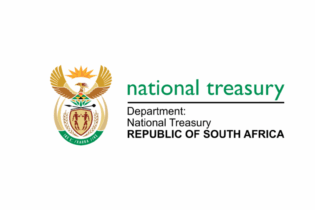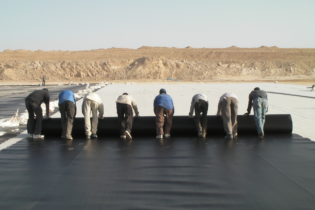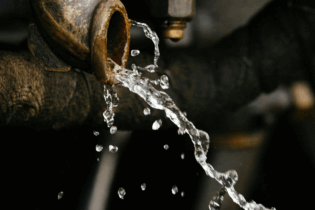At the start of October, Pikitup rolled out its second phase its Separation at Source Project to the Zondi serviced depot areas in Soweto. The project not only encourages residents to recycle their household refuse, which is ordinarily tossed away, but it also promotes job creation through the exchange of money for recyclable waste. The utility says that the idea is to get residents to start turning trash (waste) to treasure (resource), thereby evoking a change in mindset where value can still be extracted from what was previously viewed as useless.
Separation at Source has already been in operation in the Waterval area, covering suburbs such as Northcliff, Cresta, Westcliff and Fairlands. Essentially, it requires residents to use separate receptacles to collect their waste – a black bin for non-recyclable household waste, a clear durable plastic bag for glass, cans, plastics and so on, and a reusable white bag for all paper materials. Pikitup has pulled out all the stops with an education and awareness drive where field workers, the Treasure Team, have been visiting households in the affected areas. The visits aim to alert residents on the Separation at Source Project, explaining the importance of resident participation, as well as educating them about the importance of recycling. “Not only does the project contribute towards a sustainable environment, it also creates business opportunities for the City’s reclaimers and recycling cooperatives, who make a living out of selling discarded recycled items,” said Matshidiso Mfikoe, the City’s MMC for Environment, Infrastructure and Services Department.“We aim to reduce waste, educate people about the benefits of recycling and create jobs for Joburg,” he added.
Separation at Source will then be brought to the Diepsloot, Ivory Park and Orange Farm areas. The initial rollout in the Waterval area started in 2009 and had huge buy-in from the residents. Explaining why Separation at Source is not being rolled out across the City yet, Mfikoe said, “The phased implementation process is so that we can learn as we implement and also ensure that more residents in the city become involved by 2014. If we want to preserve our environment, we need to start practising environmentally friendly habits now. One of these habits is recycling – many residents are unaware of how poor waste management practices costs the environment. Johannesburg is actually one of the first cities in South Africa to embark on such a large recycling initiative. The immediate priority is to get buy-in from the residents, but over time waste recycling will become compulsory throughout the City of Joburg.





